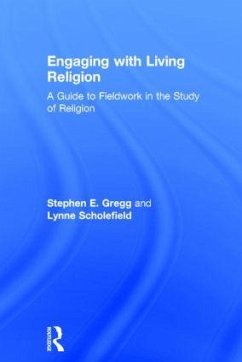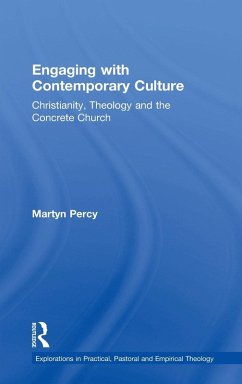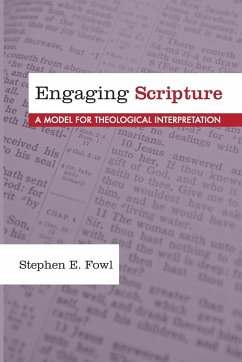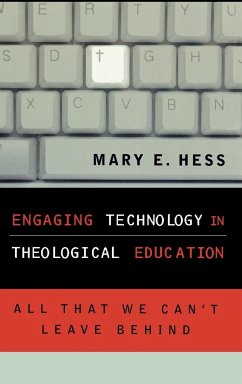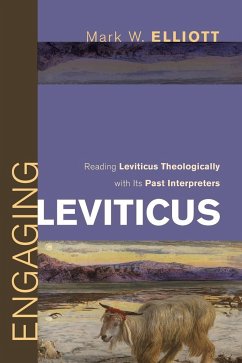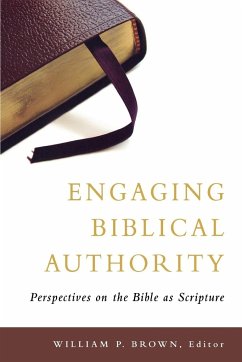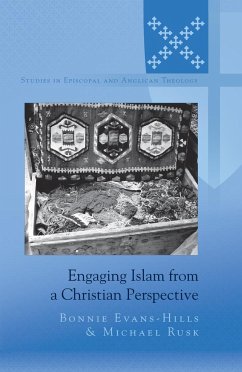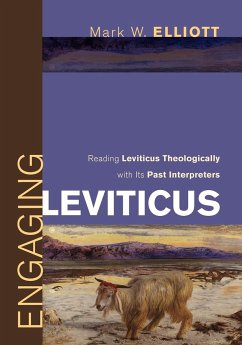
Engaging with Bediuzzaman Said Nursi
A Model of Interfaith Dialogue
Versandkostenfrei!
Versandfertig in 1-2 Wochen
178,99 €
inkl. MwSt.
Weitere Ausgaben:

PAYBACK Punkte
89 °P sammeln!
Bediuzzaman Said Nursi (1877-1960) was born at the end of the Ottoman Empire and lived through the emergence of an aggressive secular state. He had to think through, in remarkably creative ways, the challenge of faith within a secular environment, the relationship of faith and politics, and the implications and challenge of diversity and difference. This book draws on Nursi's work to provide an alternative model for interfaith dialogue that challenges the existing assumptions of the 'dialogue industry'. It invites orthodox believers in all religious traditions to recognize that dialogue need n...
Bediuzzaman Said Nursi (1877-1960) was born at the end of the Ottoman Empire and lived through the emergence of an aggressive secular state. He had to think through, in remarkably creative ways, the challenge of faith within a secular environment, the relationship of faith and politics, and the implications and challenge of diversity and difference. This book draws on Nursi's work to provide an alternative model for interfaith dialogue that challenges the existing assumptions of the 'dialogue industry'. It invites orthodox believers in all religious traditions to recognize that dialogue need not mean losing sight of the particular differences between their faiths.




